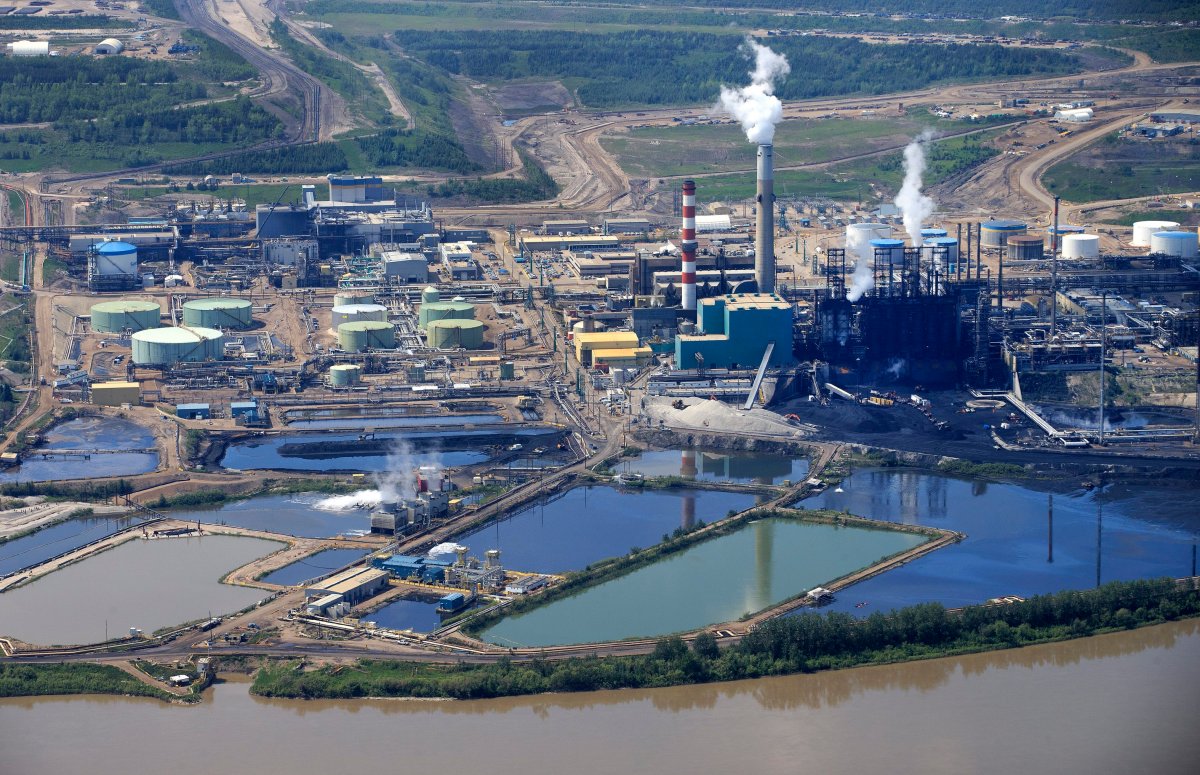I am beginning to despair that we will ever find common ground between climate change catastrophists and climate change skeptics, especially after these two interviews on Wednesday.

The first, with the Canadian Centre for Policy Alternatives (CCPA), was prompted by a recent study about transitioning to a “zero-carbon” economy and the communities that would be most impacted by it.
The highest concentration of fossil fuel workers in Alberta are in Wood Buffalo – at 31 per cent – along with Cold Lake, Lloydminster, Sylvan Lake, Grande Prairie, Brooks and Red Deer. The CCPA report suggested Canada would have to reduce greenhouse gas emissions by 80 per cent below current levels to reach a zero-carbon economy by 2050.
When I asked what a zero-carbon economy would look like, CCPA researcher Hadrian Mertins-Kirkwood said it really is a net zero goal: meaning that we could also get there by planting trees and creating more carbon sinks.
LISTEN: Danielle Smith talks to CCPA researcher Hadrian Mertins-Kirkwood about a “zero-carbon” economy.
I couldn’t believe my ears. Why didn’t you say “net zero” was the target?
I have been saying for years that Canada should be getting credit for our carbon sinks. Former Saskatchewan deputy minister Larry Martin even wrote a column suggesting we may already be carbon neutral. He estimates we may already be absorbing 20 to 30 per cent more carbon dioxide than we emit, compared to China, U.S., EU and India, which release 10 times more CO2 than their land area absorbs.
If that is the direction the environmental advocacy community is going, I think we might be getting somewhere.
Unfortunately, that is not the direction they are going. When I asked how much CO2 Canada sequestered, Mertins-Kirkwood didn’t know. When I asked how much more we could sequester by planting trees, he didn’t know either. But if you haven’t done those calculations, then how will you know whether we have achieved the net zero goal? You won’t.
- B.C. introduces legislation recognizing Haida Gwaii Indigenous title
- Whale experts confident B.C. orca calf will survive, find family if rescue plan succeeds
- Plastic production cap still contentious as Ottawa set to host treaty talks
- Chemical plant shuts down after high benzene levels detected near Ontario First Nation
It turns out it’s the same old message: we need to shift all our heating and transportation to electricity, and then shift all our electricity sources to wind, solar and geothermal. So, I asked, if we did this, how much would it increase our overall electricity need? He hadn’t done the calculations. How many more solar and wind farms would we need to build and how much land base would it use up? Again no answers.
The only thing they do seem certain of is the government is going to need to have transition policies because a whole lot of Alberta oilfield workers are going to lose their jobs.
The second interview was with professor Ross McKitrick who has been named in the nuisance lawsuit launched by New York City Mayor Bill de Blasio a few weeks ago, blaming five oil companies for Hurricane Sandy damage.
McKitrick isn’t being sued himself, but his work debunking Michael Mann’s hockey stick theory was cited as an example of how Exxon Mobil funds academic work that denies climate change. The problem is: it’s not true.
McKitrick and his collaborator Stephen MacIntyre did the work on their own and weren’t funded by anyone. They just wanted to see if they could replicate Mann’s work – and they couldn’t. McKitrick said he doesn’t even know if he has ever met anyone from Exxon Mobil.
The proponents of catastrophic climate change wonder why there are skeptics. I suspect these two examples have something to do with it.






Comments